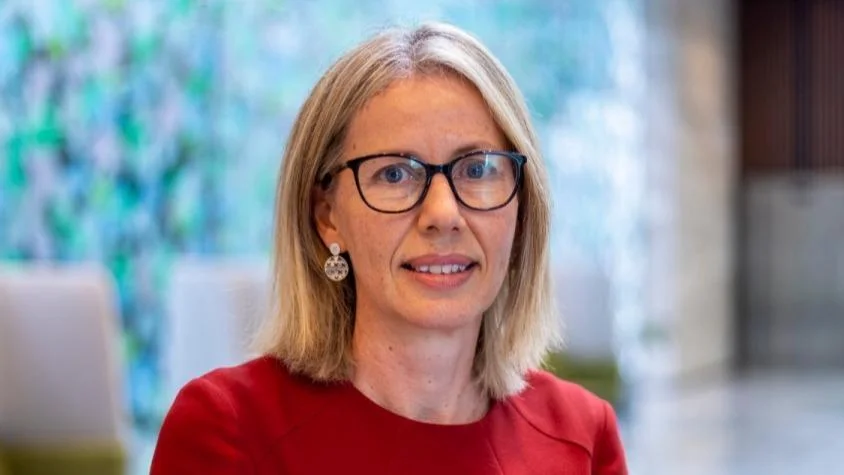The 2025 Australian Open brought a notable increase in consumer spending within Melbourne's event precinct, according to an analysis by ANZ. During this period, spending increased in areas including travel, food, and drink. Areas near Melbourne Park such as Melbourne's CBD, Richmond, East Melbourne, St Kilda, Docklands, Southbank, Fitzroy, and Collingwood saw heightened consumer activity.
For food and drink, spending rose to $1,300,000 during the tournament, up from the annual median of $625,000. Fast food spending reached $87,000, exceeding the annual median of $63,000, while spending on bars and clubs was $367,000, compared to the usual $169,000.
Travel-related spending hit $1,390,000, significantly higher than the annual median of $674,000. Accommodation spending was approximately $665,000, much more than the median of $74,000. Public transport expenses also increased to $526,000, surpassing the annual median of $403,000, and car parking spending peaked at $29,000, from an annual median of $21,000.
ANZ Senior Economist Adelaide Timbrell notes, "Levels of consumer spending can temporarily rise during one-off events. And more broadly, households have started spending more on discretionary purchases, with retail sales adjusted for inflation rising on a per person basis for the first time since 2022."
Timbrell adds, “Precincts in the vicinity of major sporting and cultural events can benefit from increased consumer demand as spending broadens to include related goods and services. The persistently low unemployment rate and the recent rise in consumer confidence also supports appetite for spending.”
Australian Open Tournament Director Craig Tiley emphasized the economic impact of the event: "The Australian Open isn’t just a world-class sporting event — it’s a powerhouse for Melbourne’s economy. Every year, fans from across Australia and around the globe pour into the city, filling hotels, dining in restaurants, shopping in stores, and bringing an incredible energy to local businesses. The AO’s impact extends well beyond the courts, injecting millions into the tourism, hospitality, and retail sectors, and helping Melbourne thrive. This ongoing economic boost is vital, ensuring the tournament continues to grow while supporting the businesses that make this city so special."

